CU Boulder, IIST, and NCU set to launch INSPIRESat-1
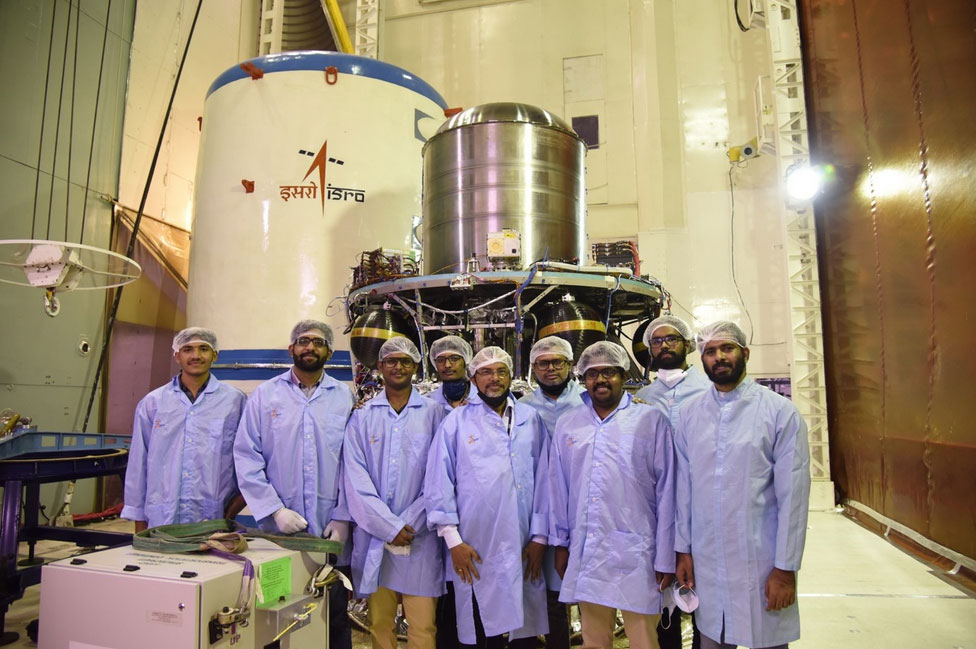
The University of Colorado at Boulder together with the Indian Institute of Space Science and Technology (IIST) at Thiruvananthapuram, and National Central University (NCU) in Taiwan pioneered the creation of the International Satellite Program in Research and Education (INSPIRE) in 2016. Work on the first satellite mission of the program, INSPIRESat-1 (IS-1) started in 2017, following a kick-off at the first INSPIRE Workshop held at NCU in Summer 2016.
The Universities were able to leverage export control exemptions available for fundamental research to build IS-1 at the University of Colorado facilities at the Laboratory for Atmospheric and Space physics (LASP) and ship the spacecraft to IIST for launch onboard ISRO PSLV C-52 mission. IIST will be the primary operator for the spacecraft after launch. The science data will be uploaded to a centralized server for analysis by the participating Institutes.
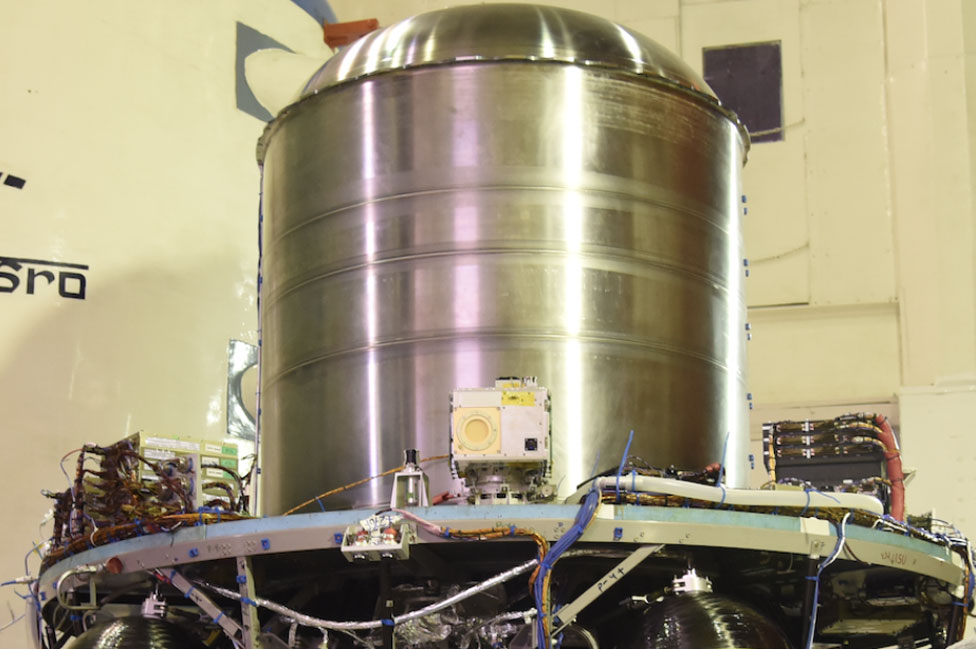
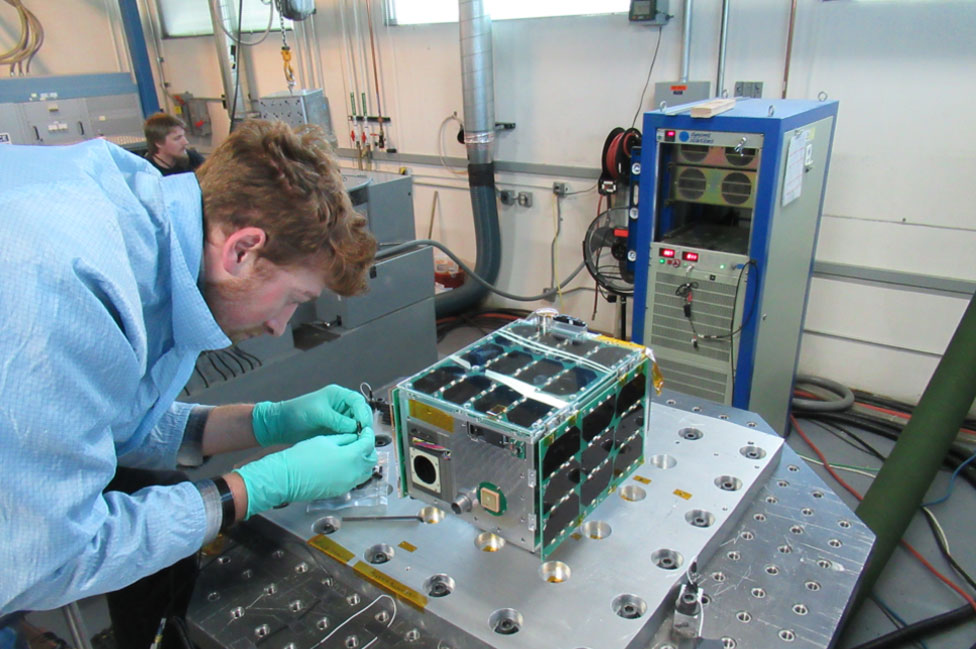
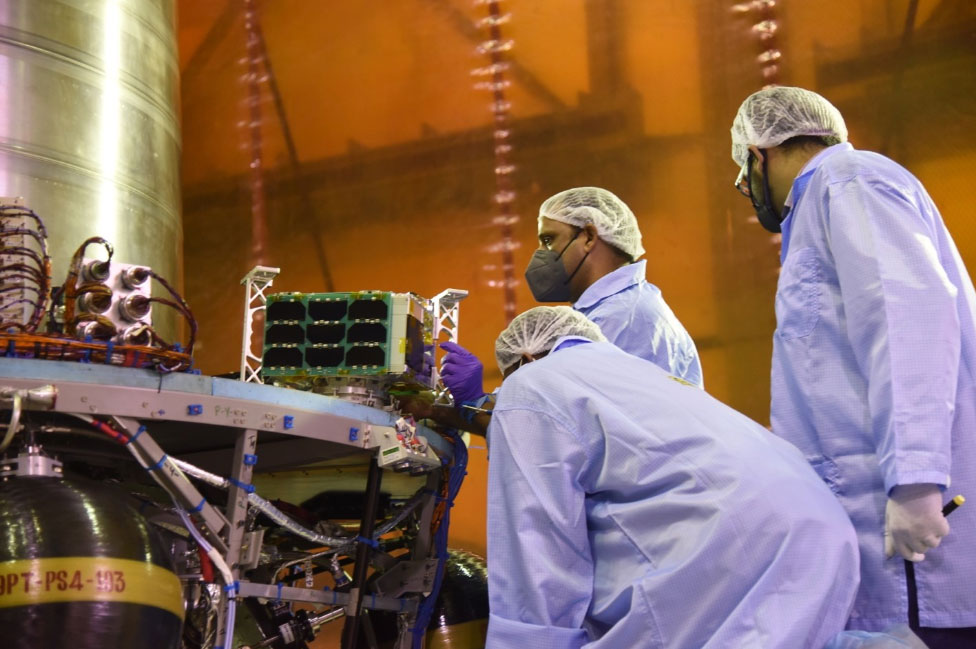
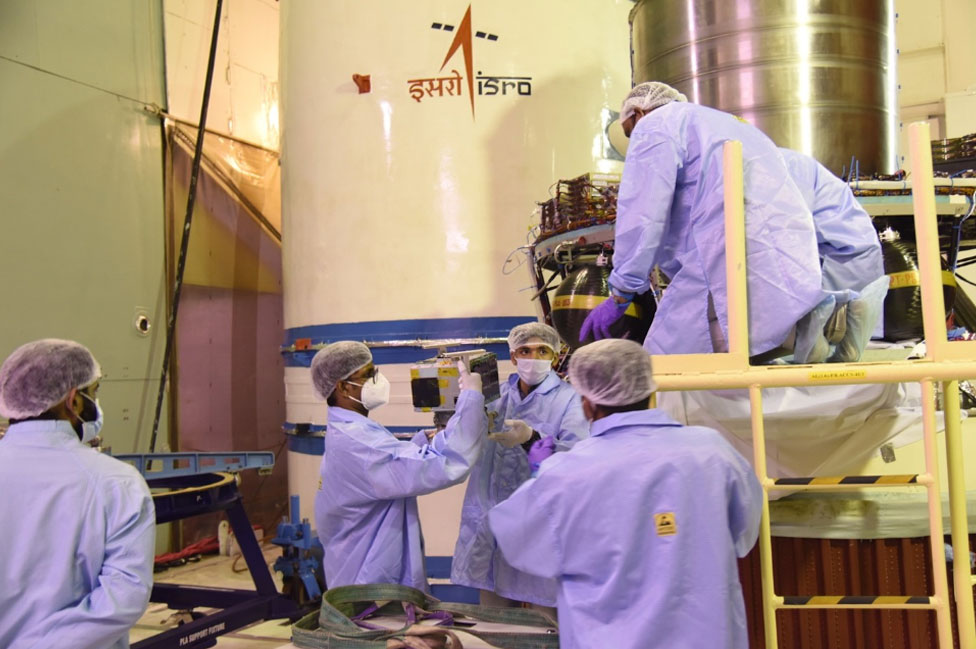
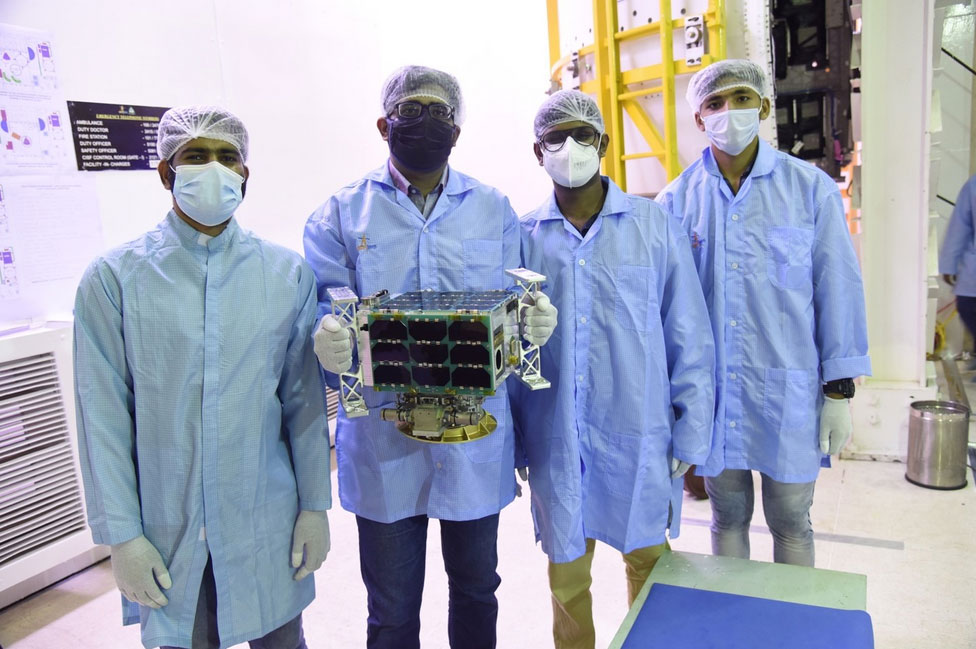

INPIRESat-1 is a pathfinder for international collaboration in space science missions carrying payloads and spacecraft components developed by multiple nations. A NASA funded payload called the Dual Aperture X-Ray Solar Spectrometer (DAXSS) which will measure solar radiation in soft X-Ray’s to better understand solar coronal heating processes and an in-situ Ionosphere probe called Compact Ionosphere Probe (CIP) developed by NCU are the two science payloads onboard the spacecraft. The spacecraft On-board computer and central processing unit was developed by IIST. The electrical power system was jointly developed by LASP, IIST, and NCU, with LASP and NCU contributing to development of the communications subsystem.
The spacecraft was integrated and tested at LASP prior to shipping to India. The spacecraft design, build and testing was completed over a period of four years from 2017. Annual summer programs were held in Boulder, Colorado in 2017, 2018 and 2019 during which students from the participating universities would come together for a 10-week intensive training program working with mentors at LASP to develop the spacecraft. The summer program for 2020 and 2021 were cancelled due to Covid-19 restrictions on international travel, which presented additional challenges to the distributed international team to finish building and testing the spacecraft. The launch was also delayed by a year. The team was however able to find new and innovative ways to support remote work and complete the spacecraft build in time for the assigned PSLC C-52 launch in September 2021. The spacecraft will be tracked and controlled using ground stations at LASP, IIST, and NCU.
The INSPIRE program is led by Dr. Amal Chandran at LASP who serves as the IS-1 mission’s Principal Investigator (PI). The PI at IIST is Prof. Priyadarshnam. Prof. Loren Chang at NCU Taiwan serves as the PI from Taiwan, while Prof. Chi-Kuang Chao serves as CIP payload PI. Dr. Dan Baker (Director, LASP), Mr. Mike McGrath (Senior Advisor, LASP) Dr. Russ Moore (Provost, UCB) and Dr. Phil DiStefano (Chancellor, UCB) have been active supporters of the INSPIRE program. The INSPIRE program has grown to a major international academic space consortium that has seven small satellite missions with two satellites already in orbit (IS-2 and IS-5). The INSPIRE program continues to train undergraduate and graduate students in space science and engineering and foster international collaboration in space exploration.
